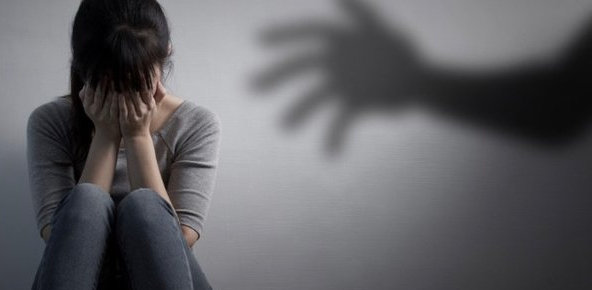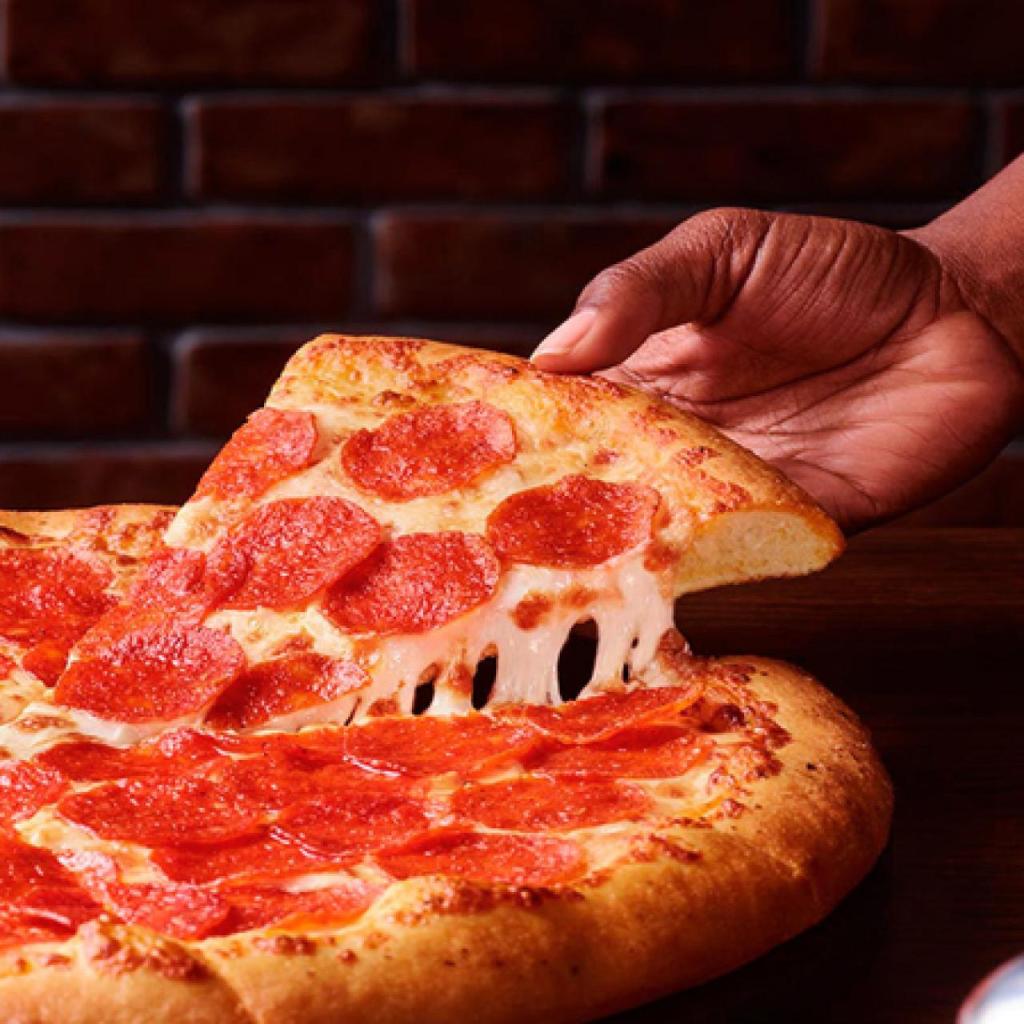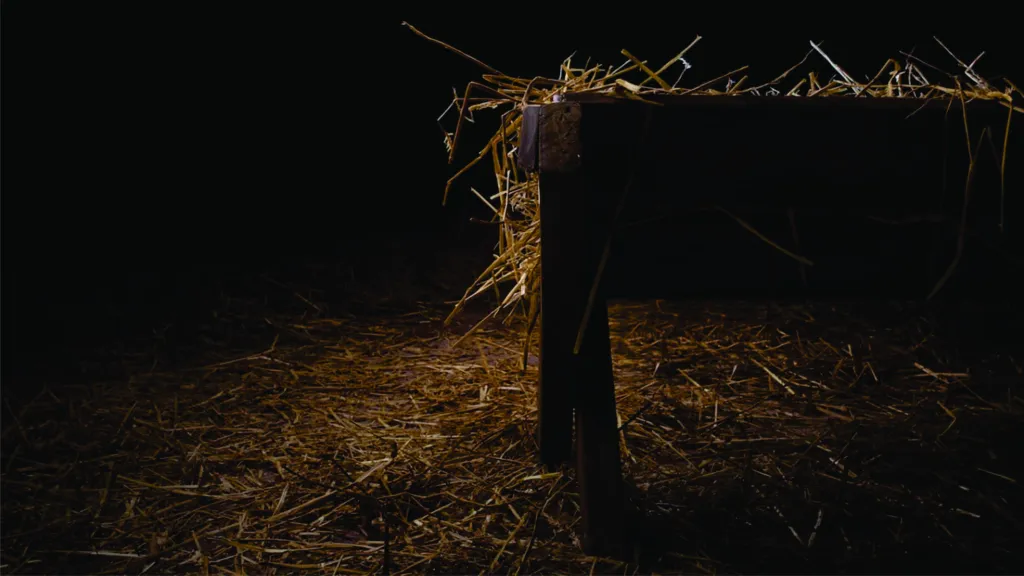“They did that!? No, it can’t possibly be true, they seemed so clean and strong. They advocated for human rights, everywhere.”
Canada is the Promised Land to multitudes around the world who yearn for freedom, equality, opportunity, and peace. It was to me, growing up in apartheid-scarred South Africa where I witnessed the ravages of racial discrimination and injustice. I was conscripted into an army defending values and principles I abhorred, but I also benefitted from the inequality and the color of my skin. Eventually, with huge relief and gratitude I had the opportunity to emigrate to Canada and start a new life on Vancouver Island.
Countries are a lot like people. How they present and what lies beneath the surface can often be shocking, unexpected, and even alarming. Bad habits, blind spots, dirty little secrets.
On my first visit to Canada I arrived in Montreal the day before Jean Baptiste day. I was told about the challenges between the French and English and it felt eerily similar to the prejudices undergirding apartheid. Shortly after emigrating I came across ‘Reserves’ around Port Alberni and was told that was where ‘Native Indians’ lived – in squalor, alcohol and abuse, good for nothing. “But Canada boycotted South Africa for apartheid and the Black homeland policy, how can this be?”

To my shame, I was so weary of the apartheid theme that had dominated my life, and for which there never seemed a way forward, I didn’t pay much attention. I got on with my life. I shared a few talks about South Africa and restricted group areas outside Cape Town where Black families lived in corrugated iron shacks just to be together as families; illegally and at risk of vicious retribution. I shared the horror of watching police destroy such places, smoke in the air, furniture lining the roads, woman and children stoically standing by. I stood on a sand dune and cried… “Why God?” I still sometimes feel guilty about ‘running away’ to Canada. Should I have stayed? I don’t know, or maybe I don’t want to know? But when I recounted the story Canadians asked how could I have witnessed this within three miles of my home and not done something more? “We never went there,” I replied. They shook their heads. “How many of you have spent time on any of the ‘Reserves’,” I asked. Silence.

It’s frighteningly easy to take the speck out of someone else’s eye and be blissfully unaware of the plank in one’s own. Them is us, and us is them in so many instances, and through countless layers or life.
This week, the tragic news of the mass grave of 215 children at Kamloops Indian Residential School in Kelowna has brought all of this flooding back with a tsunami of sadness and shame. Deep, deep sorrow for the history and experience of injustice and discrimination Indigenous people have endured across Canada for countless generations. And equally, deep shame for the actions, policies, and behavior of White colonialists, missionaries, and Churches; for what we have perpetrated in the name of Religion. As a Christian I cannot express in words the anger and evil for what was done in the name of Christ through the residential school programs. It resembles in no way the love of God for all that I discovered as a young person when I was encountered by Jesus – yes, despite my own exposure to instutionalized religion in an affluent private school.
To educate myself I have begun to read the document, Honouring the Truth, Reconciling for the Future, Summary of the Final Report of the Truth and Reconciliation Commission of Canada. http://www.trc.ca/assets/pdf/Honouring_the_Truth_Reconciling_for_the_Future_July_23_2015.pdf

The principles for nations and cultures are the same for individuals seeking healing and restoration. It’s not merely about facts. They need to be told and clarified. It is about about listening well, hearing the subjective experience of the one who is hurting, validating; being humble, and slow with our responses. It is both simple and complex. It takes time. Time to comprehend and to feel the other’s pain. This blog is not about beating drums of accusation or pointing fingers. As in most instances, we are probably more part of the problem than we choose to acknowledge, hear, or admit… and we have the opportunity, if we have the courage, to be a part of the solution. The searching for truth is indeed the bedrock of meaningful restoration and healing. We’re not good at patiently mining for deep truth. We tend to go for some facts and a quick fix; Band-Aids that don’t work individually or nationally.

Here are a few excerpts below. I want to finish reading this document in order to hear better and more deeply. Perhaps others may do so as well – as we ask God to break our false perceptions and prejudices (on any side) and help us to see and hear with fresh eyes and ears.

In justifying the government’s residential school policy, Canada’s first prime minister, Sir John A. Macdonald, told the House of Commons in 1883: When the school is on the reserve the child lives with its parents, who are savages; he is surrounded by savages, and though he may learn to read and write
his habits, and training and mode of thought are Indian. He is simply a savage who can read and write. It has been strongly pressed on myself, as the head of the Department, that Indian children should be withdrawn as much as possible from the parental influence, and the only way to do that would be to put them in central training industrial schools where they will acquire the habits and modes of thought of white men.
The Reverend Stan McKay of the United Church, who is also a Survivor, said: The perpetrators are wounded and marked by history in ways that are different from the victims, but both groups require healing…. How can a conversation about reconciliation take place if all involved do not adopt an attitude of humility and respect? … We all have stories to tell and in order to grow in tolerance and understanding we must listen to the stories of others.
The Report continues: Without truth, justice, and healing, there can be no genuine reconciliation. Reconciliation is not about “closing a sad chapter of Canada’s past,” but about opening new healing pathways of reconciliation that are forged in truth and justice. We are mindful that knowing the truth about what happened in residential schools in and of itself does not necessarily lead to reconciliation. Yet, the importance of truth telling in its own right should not be underestimated; it restores the human dignity of victims of violence and calls governments and citizens to account. Without truth, justice is not served, healing cannot happen, and there can be no genuine reconciliation between Aboriginal and non-Aboriginal peoples in Canada. Speaking to us at the Traditional Knowledge Keepers Forum in June of 2014, Elder Dave Courchene posed a critical question: “When you talk about truth, whose truth are you talking about?”
The Commission’s answer to Elder Courchene’s question is that by truth, we mean not only the truth revealed in government and church residential school documents, but also the truth of lived experiences as told to us by Survivors and others in their statements to this Commission.

I normally finish with a song but this topic is delicate, complex, and perhaps it’s more fitting to listen to a speaker in the Canadian Government address his colleagues this morning. Taking the time to listen is an important step…





Leave a comment